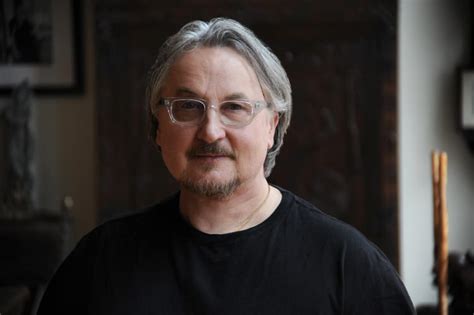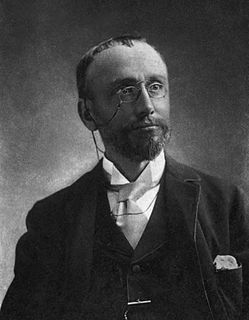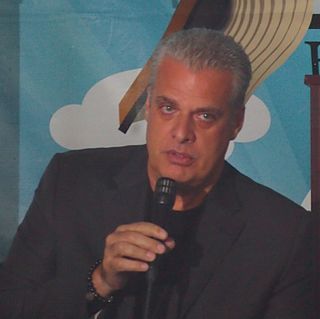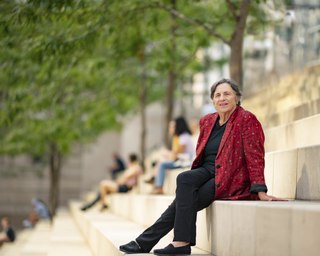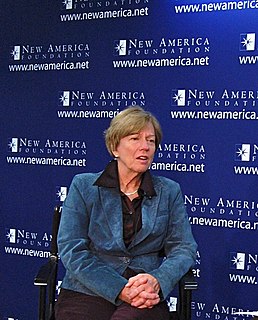A Quote by Louie Schwartzberg
Related Quotes
What does he plant who plants a tree?
He plants the friend of sun and sky;
He plants the flag of breezes free;
The shaft of beauty, towering high, he plants a home to heaven anigh.
For song and mother-croon of bird, in hushed and happy twilight heard -
The treble of heaven's harmony.
These things he plants who plants a tree.
When I heard that the bees were in trouble, the fact that they're disappearing and not coming back to the hive, which is a big issue, since a third of the food we eat comes from plants, I figured you couldn't tell the story of the bees without the story of the flowers and how they basically have evolved together for over 150 years.
Cooking is a holistic process of planning, preparing, dining and sharing food. I place food at the center of our humanity, as it nourishes not only our physical bodies but also our emotional and spiritual lives. Food is truly a cultural phenomenon that informs our traditions and our relationship with the earth. I genuinely believe that food connects us all.
You look at energy use in the U.S. and one-third of it is automotive or our transportation system, one-third of it is manufacturing and one-third of it is buildings. That means architects are responsible for one-third of energy by their designs. So not only is it dire, it's also something that we can do.
Today, about 40 percent of America's carbon pollution comes from our power plants. There are no federal limits to the amount those plants can pump into the air. None. We limit the amount of toxic chemicals like mercury, and sulfur, and arsenic in our air and water, but power plants can dump as much carbon pollution into our atmosphere as they want. It's not smart, it's not right, it's not safe, and I determined it needs to stop.
We can look at the way of improving the key biochemical processes like photosynthesis itself. A lot of energy is lost to keep the plant cool. So maybe we can think of building plants which are more resistant to heat. Genetically modified plants can be one answer and we can imagine more efficient plants, call them 'energy plants'. And I believe, contrary to what ecologists think, they can still be beautiful plants.



